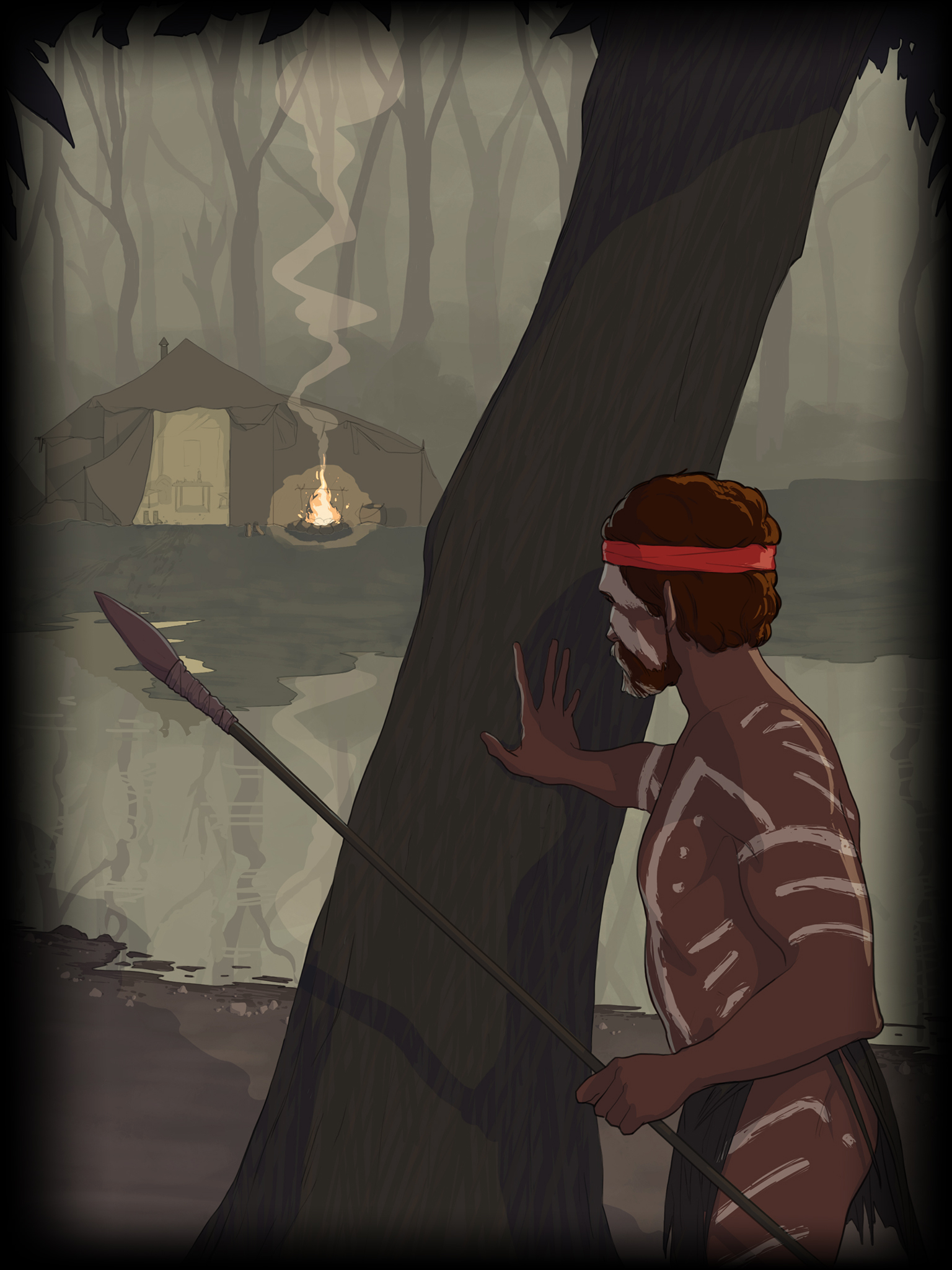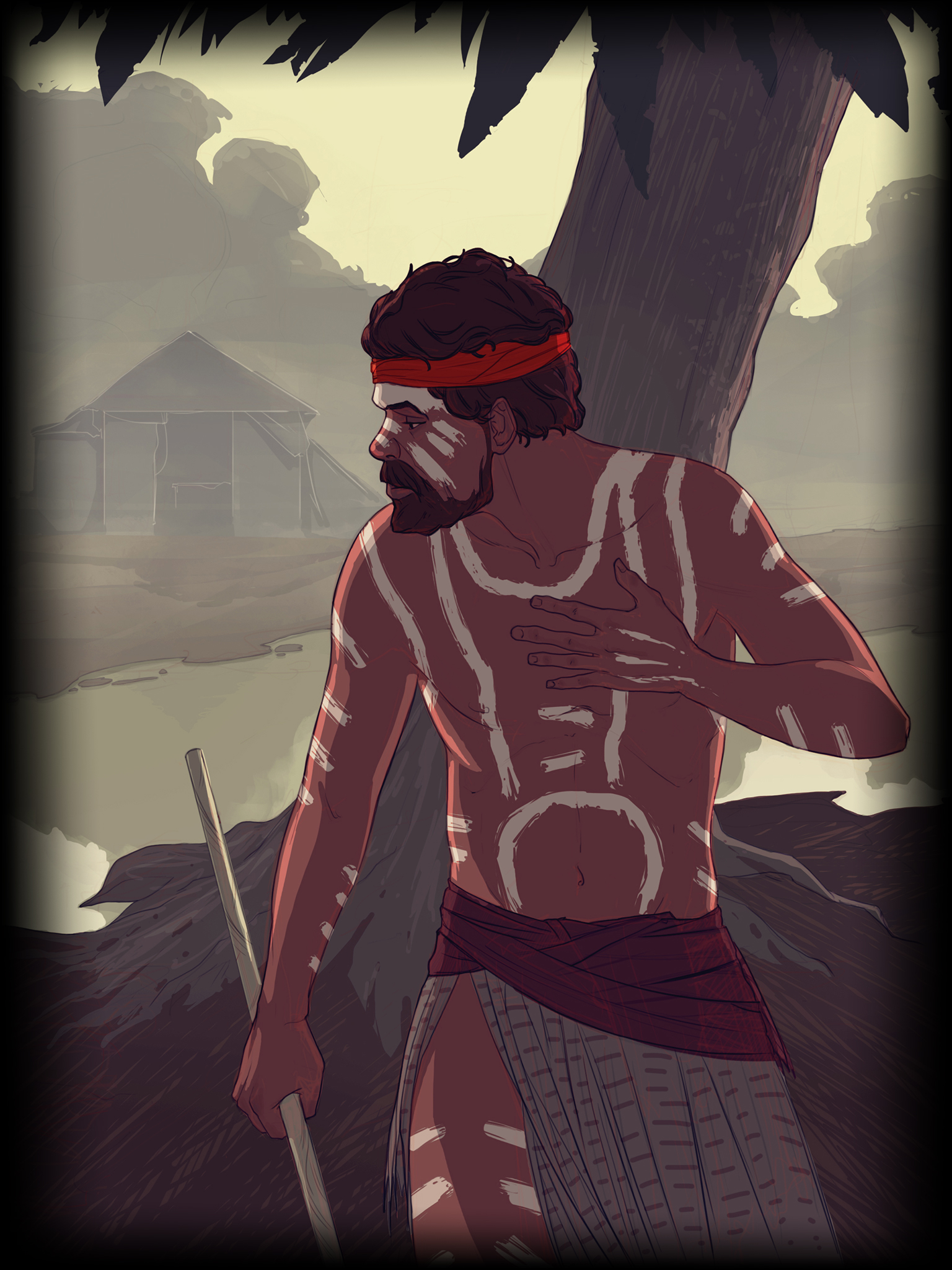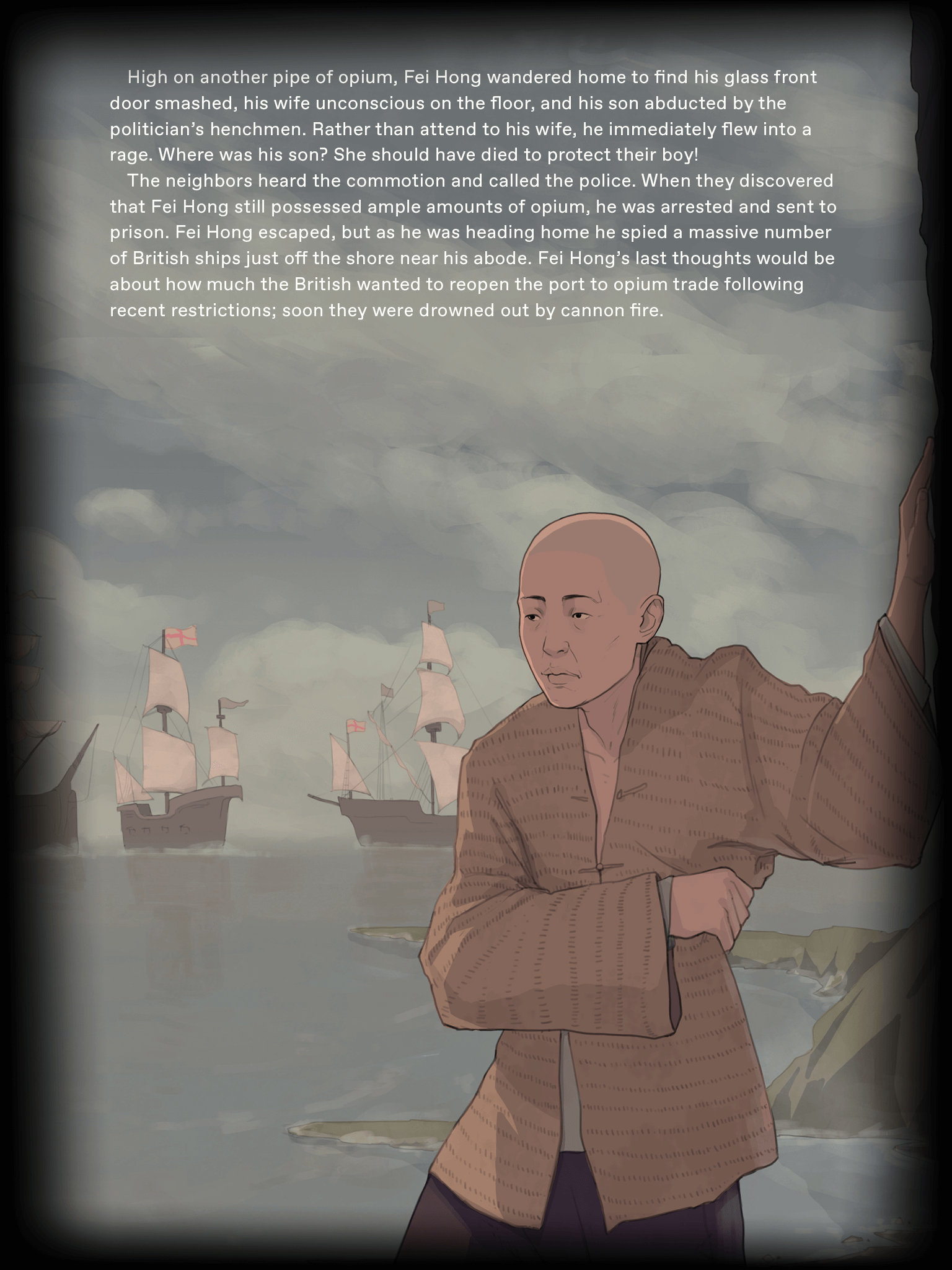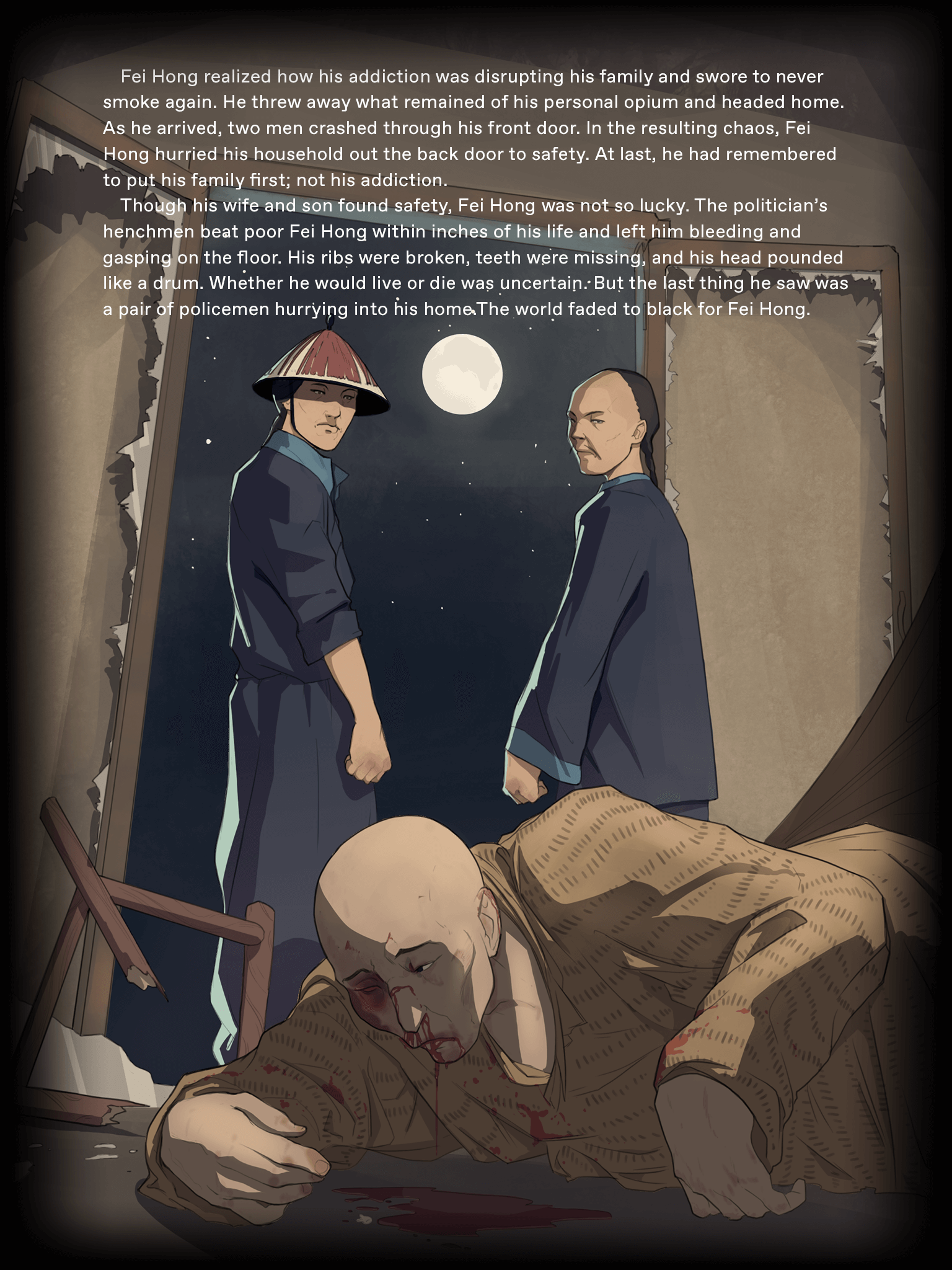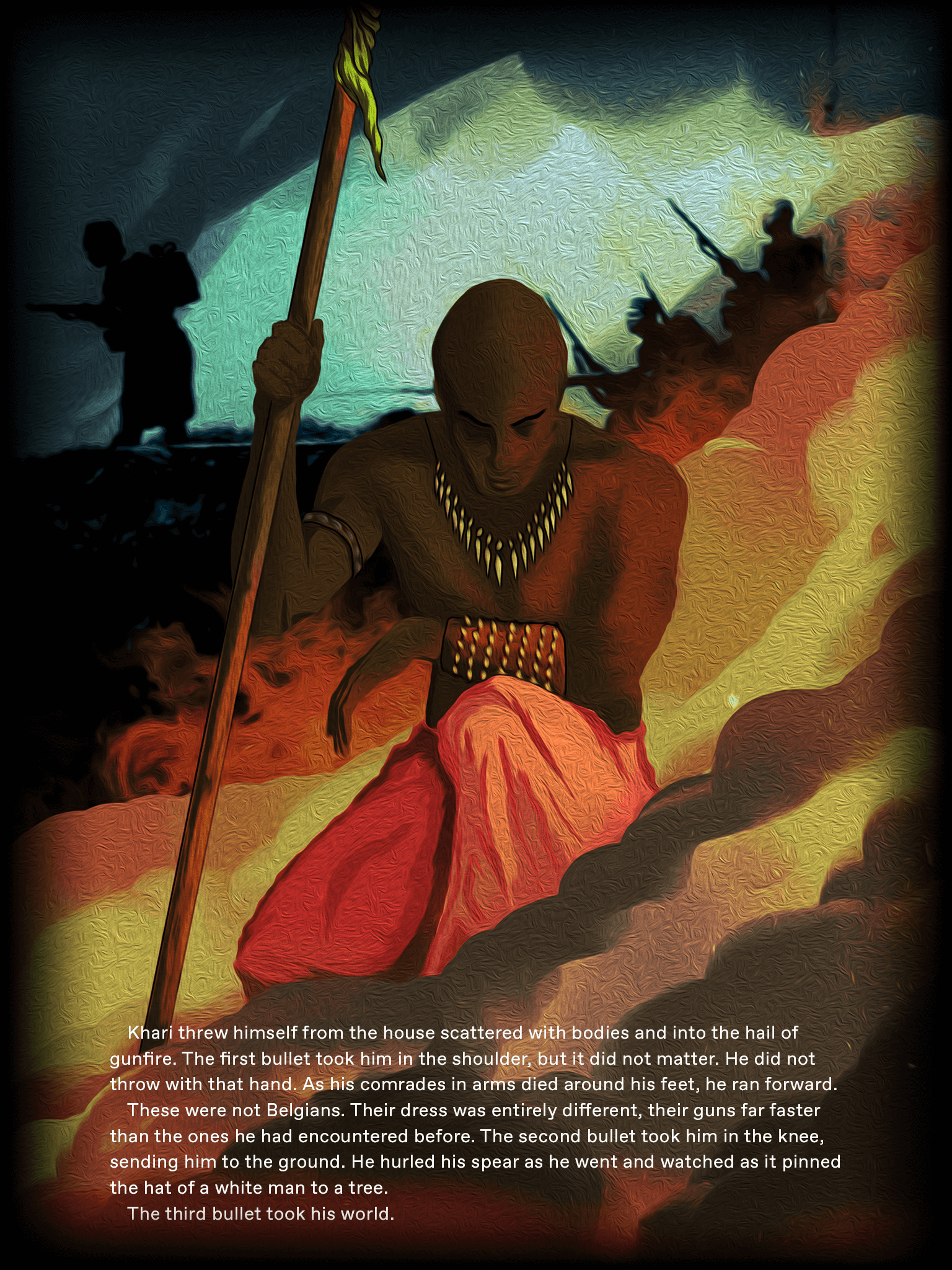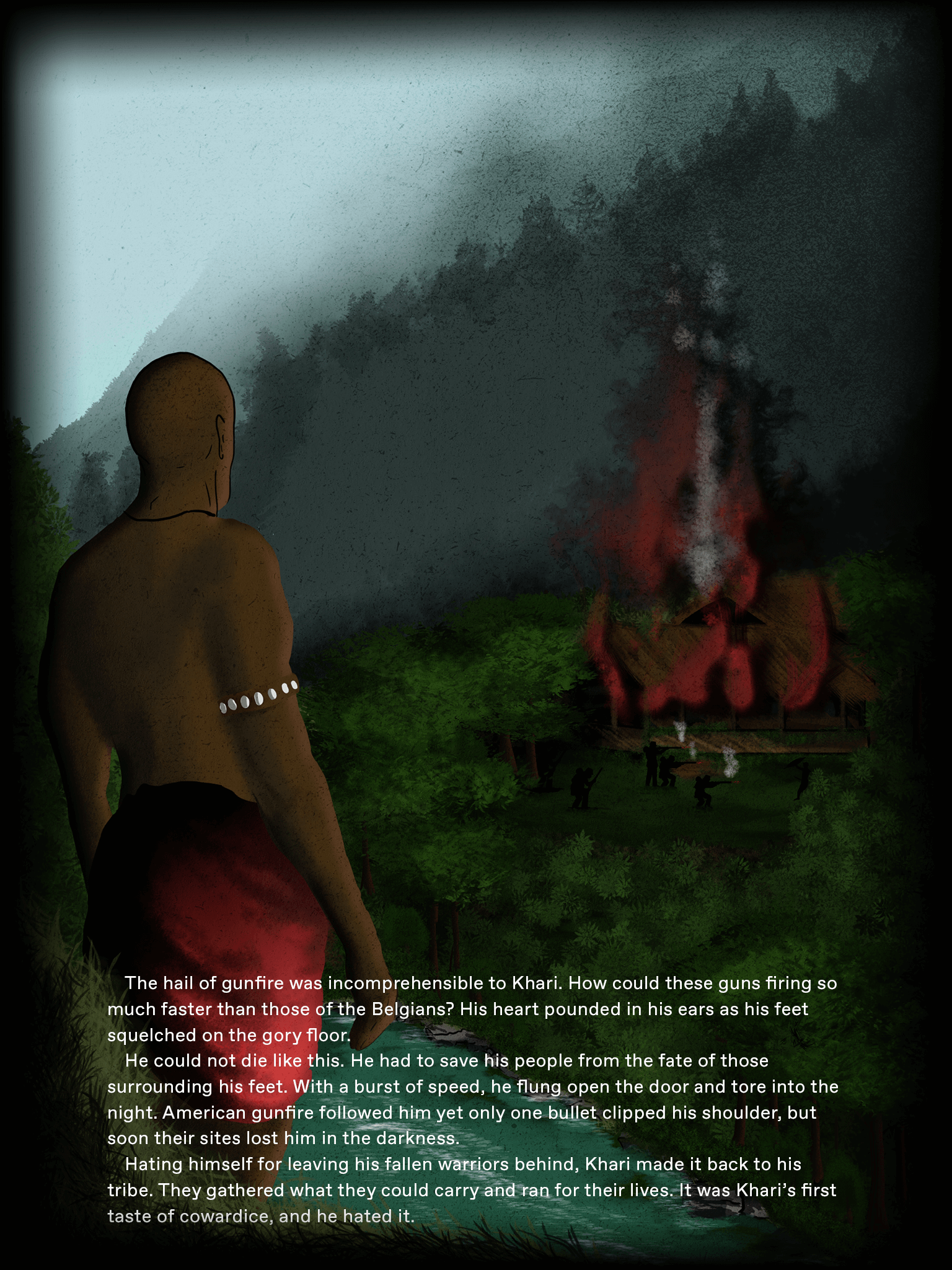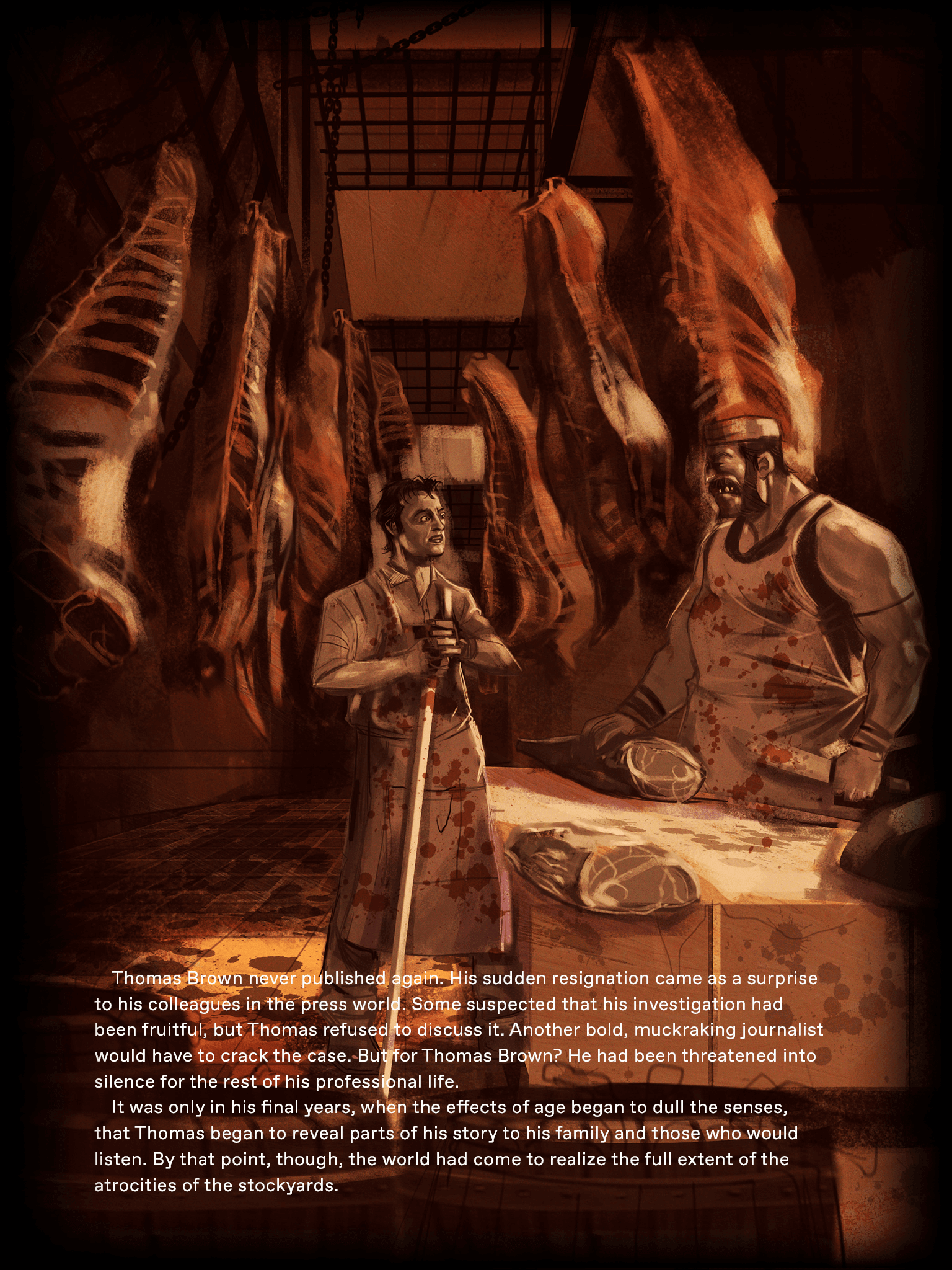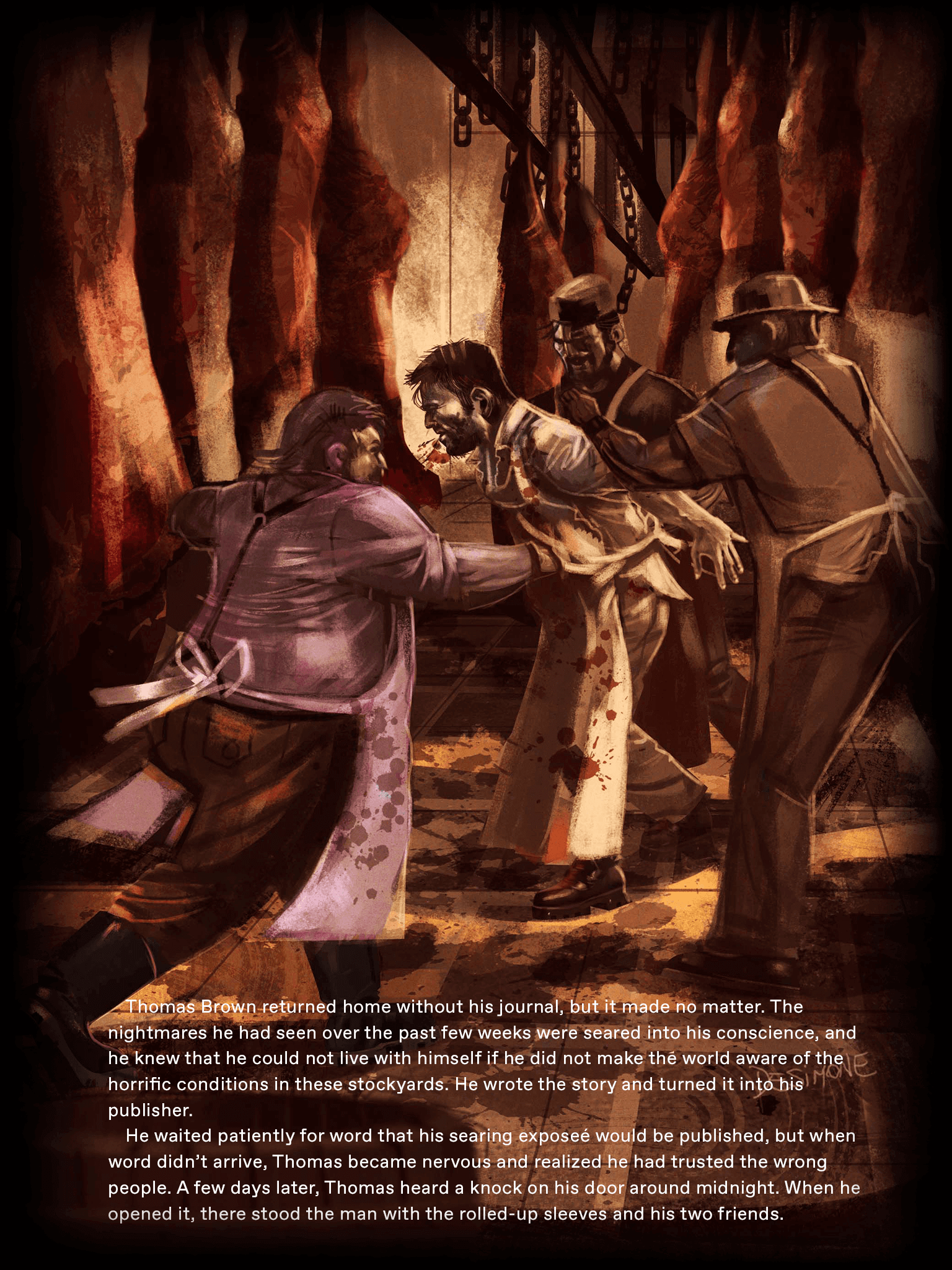Spencer Striker, PhD
HIstory adveNtures
WOrld oF characters
revolutIons & IndustrIAlIzAtIon
C. 1750 to c. 1900
How To Use this Book
This book is filled with interactive content, so feel free to explore all the various features you can find within the pages. This book is design to be viewed in portrait mode. Note the various enhanced content by locating the icons described below:

Tap this to reveal additional information

Tap this to start 3D experience, feel free to explore and interact with different objects inside

Tap this to test your knowledge about the relevant topic or story

Tags contain additional content, tap them to reveal it

Check which AP World History: Modern topics are covered in the upcoming pages

Tap this to hear comments by a historian about certain topics in the stories
IndustrIAlIzAtIon & globAl IntegrAtIon
revolutIons & consequences oF IndustrIAlIzAtIon
c. 1750 to c. 1900
Industrialization & Global Integration 1750–1900
From out of the early modern period, we now enter a period characterized by the difficult questions that came to the forefront of the people who lived through an era of incredible change. As traditional societies gave way to more dynamic cultures, with the kingdoms of Europe being increasingly replaced by Empires with a truly global focus, the people caught up in this expansion sought to explain their place in this new world. They would ask the questions that, at their heart, challenged the traditional forms of authority in society: Employer, King, and God
Industrialization & Global Integration 1750–1900
These questions, along with many others, made this period one of the most explosive in history. Societies would be powered to new heights by the ingenuity of industrialization whilst they would also crumble to revolution and internal bloodshed. Kings and queens would be killed, and scientists, explorers and philosophers, would challenge ideas that would shake age-old beliefs to their core. From out of this climate of change and challenge we will begin to see the foundations of our modern world and our modern ways of thinking about people and our place in society.

